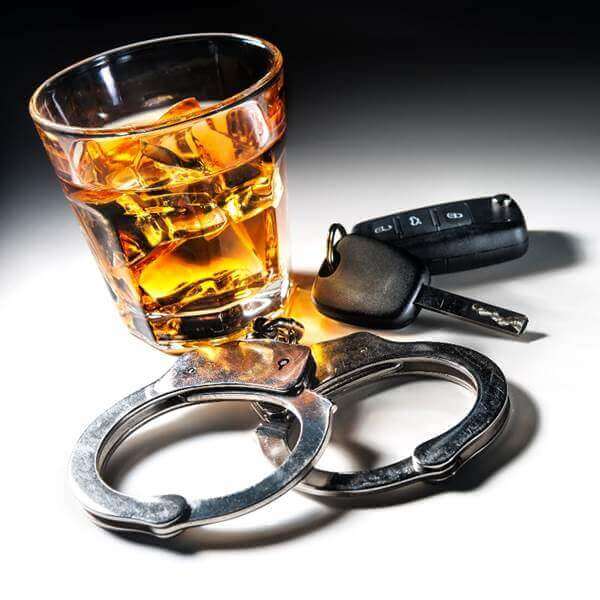It has been over 10 years since Sir Peter North’s major review into drink and drug driving
Progress was made in the reduction of deaths. The problem is that death rates have now stalled. Worryingly the most recent figures show an upward trend.
A decade later the Parliamentary Advisory Council for Transport Safety (PACTS) published its report in December 2020, reviewing the progress made in tackling drink and drug driving. It also looks to harness the clear ambitions of both government and the public to a better future.

PACTS findings directly found a need to assist offenders in behavioural change through rehabilitation. The report held in-depth interviews with drink drivers. Their remarks are very revealing regarding the importance of the drink drive rehabilitation course in guiding them to make personal changes.
Offenders believed that the course was extremely helpful. With increased knowledge they were able to make far more informed decisions regarding their relationship with alcohol.
A further study by the Transport Research Laboratory (TRL) supports these findings. It reviewed drink drive rehabilitation courses. They found that non-attendees were three times more likely to re-offend after three years than a course attendee.
These findings support the need for drink driving courses that are proven, accessible and inclusive to all.
TTC’s courses are currently delivered online, giving clients ease of access with no travel requirements. Drink drive courses are available to all with a computer, tablet, or phone. Clients can even book courses on a day that is convenient to them.

By completing a DDRS course, the offender can reduce their driving ban by up to 25%, for example, taking a 12-month driving ban down to 9 months.

